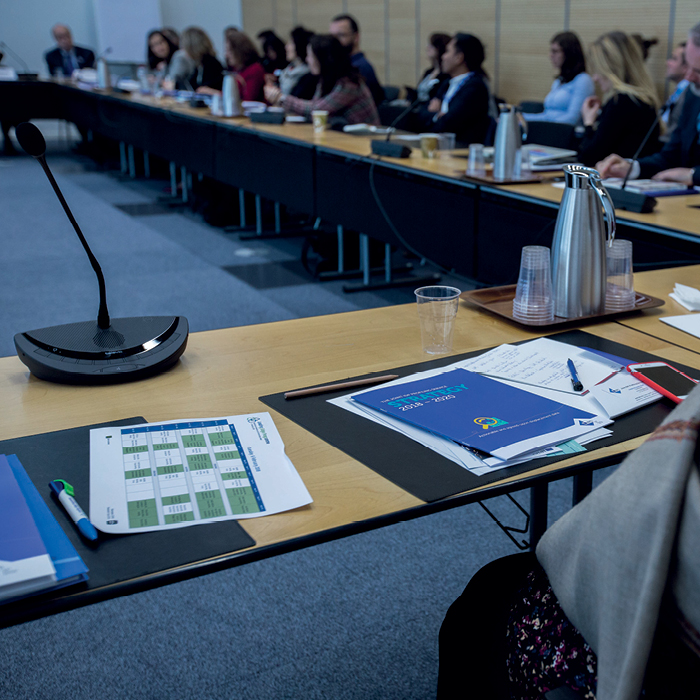
JIPS’ work cuts across many disciplinary boundaries, and it forms partnerships with agencies and academic institutions that share its vision.
We also collaborate with like-minded bodies and forums, such as the Information Management Working Group, the Global Alliance for Urban Crises and the Expert Group on Refugee and IDP Statistics. We are always looking for new partners around the world, so please get in touch to join forces.
We constantly strive to maintain a broad funding base with a diverse range of donors to support our work and ensure we have the flexibility and independence required to achieve our goals.

Danida is responsible for the planning, implementation, and quality assurance of Denmark’s development cooperation, which aims to fight poverty through the promotion of human rights and economic growth. Danida has been providing long-standing core support to JIPS in all our areas of work, including durable solutions analysis, urban analysis, statistics on internally displaced persons, as well as developing capacities and contributing our expertise and experiences to global-level initiatives such as the Inter-Agency and Expert Group on SDG indicators and the GP20 Plan of Action.
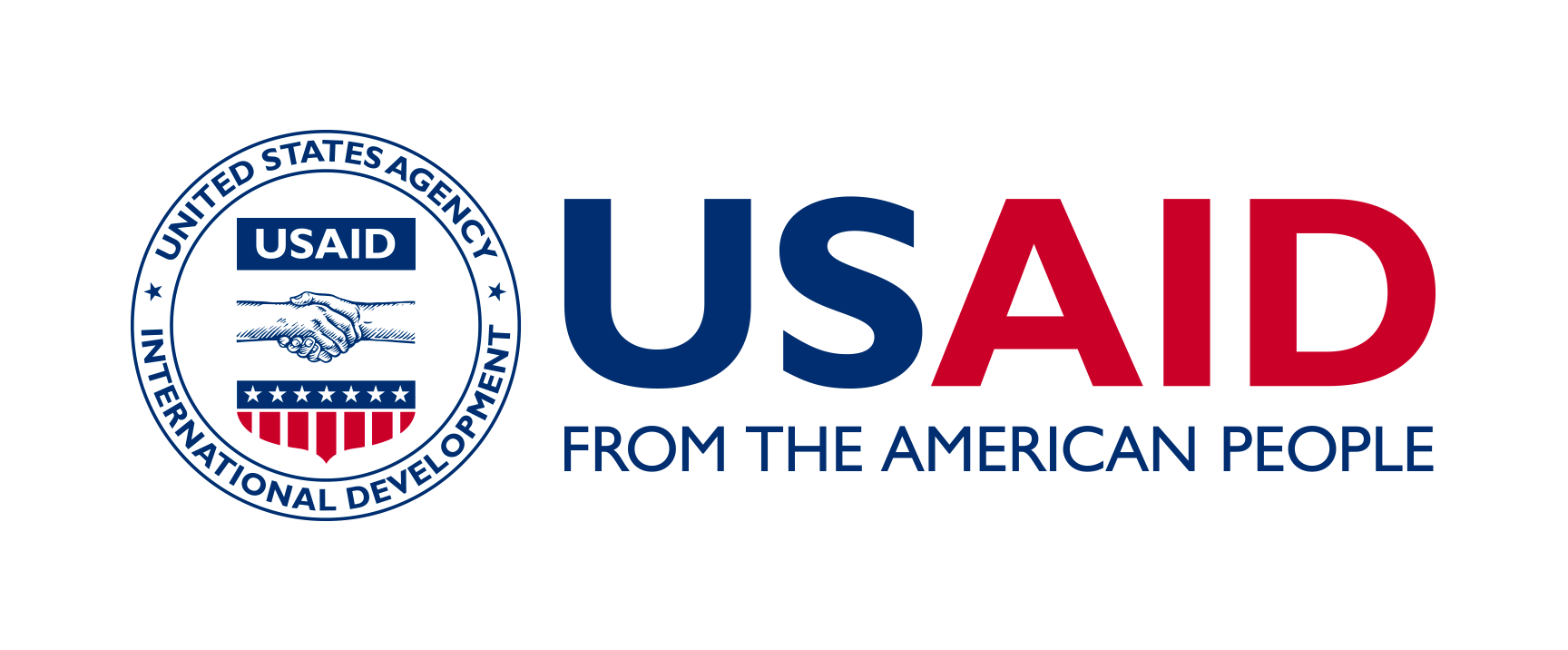
The U.S. Agency for International Development (USAID) of the Office of US Foreign Disaster Assistance (OFDA) leads international development and humanitarian efforts to save lives, reduce poverty, strengthen democratic governance, and help people progress beyond assistance. OFDA has been supporting JIPS since its early days to provide high quality technical support and tools for collaborative data and analysis processes and responsible data procedures at field level. Key results of this partnership include the JIPS-EGRIS Conference 2020.

The Bureau of Population, Refugees, and Migration (PRM) is the humanitarian bureau of the U.S. State Department and focuses on providing protection, easing suffering, and resolving the plight of forcibly displaced people around the world. PRM is a long-standing partner of JIPS and strong supporter of our work in the area of durable solutions for people displaced within their country. Specifically, PRM has been funding the development and continuous enhancement of the Interagency Durable Solutions Library and Analysis Guide, as well as direct support provided to governments, humanitarian, and development partners in carrying out durable solutions analysis.

The EU’s European Civil Protection and Humanitarian Aid Operations (ECHO) provides assistance to affected countries and populations in situations of disaster and humanitarian emergency. They have been supporting JIPS specifically in the area of improved urban displacement response through enhanced profiling capacity and joint analysis, through their Enhanced Response Capacity (ERC) funds.
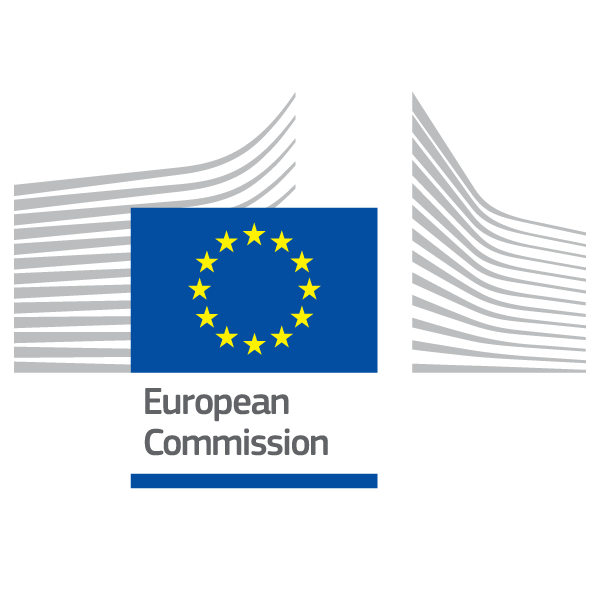
The EU’s Directorate-General for International Cooperation and Development (DG DEVCO) is responsible for designing European international cooperation and development policy and delivering aid throughout the world. DEVCO is a key funding partner of the Expert Group on Refugee and IDP Statistics (EGRIS) for the implementation of activities under its third mandate (2020-2024). Projects that have benefited from DEVCO funding include the JIPS-EGRIS Conference 2020 and the Expert Group’s efforts in the area of capacity development on forced displacement statistics.
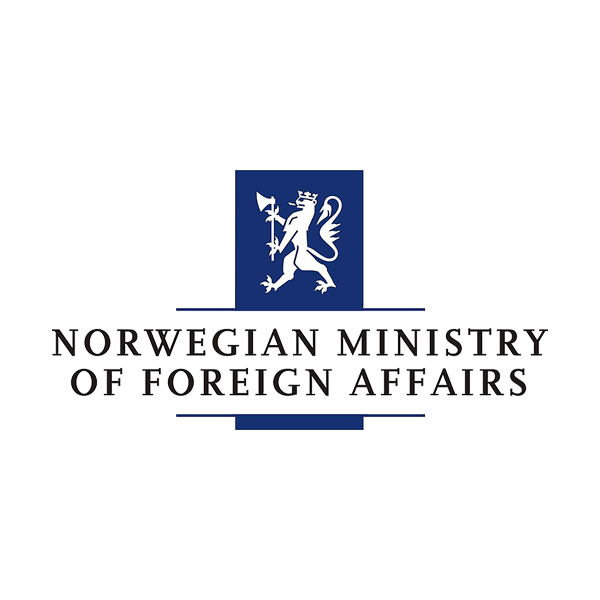
As part of their humanitarian assistance, Norway has been providing core funding to JIPS over the past years. This has provided predictability at the organisational level and contributed to various achievements in view of our strategic goals.

NORCAP is a global provider of expertise to the humanitarian, development, and peacebuilding sectors. It is a part of the Norwegian Refugee Council (NRC), who is also a member of JIPS’ Executive Committee. NORCAP is a long-standing partner of JIPS and has been supporting our work through the deployment of experts from Statistics Norway who have contributed to our technical support provided to field partners, as well as to the development of our flagship tools, such as the Sampling Guide for Displacement Situations.
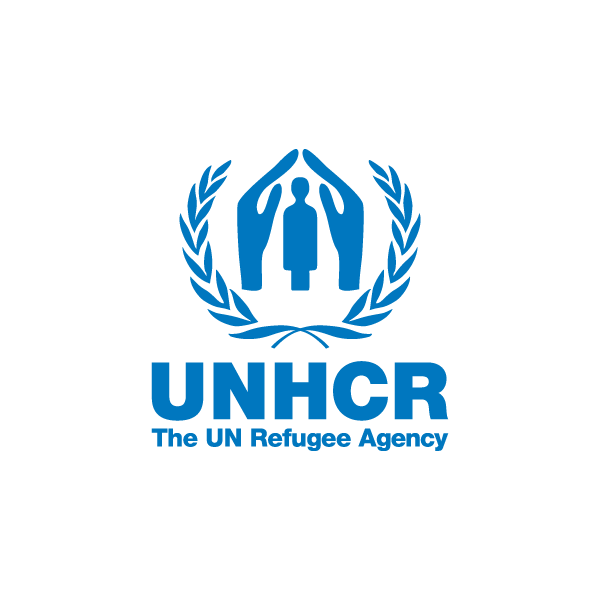
Dedicated to saving lives, protecting rights, and building a better future for forcibly displaced and stateless people, the UN Refugee Agency’s (UNHCR) Innovation Fund supports experimentation and mentorship to enable the agency to adapt and continue fulfilling its mission. They have been supporting JIPS’ work to advance practice for the safe, ethical, and effective management of data (responsible data processes).
The work we do at JIPS cuts across many disciplinary boundaries. We partner with agencies and academic institutions that share our vision of improving information about displacement situations. Our partners currently include:

Statistics Norway, through its partnership with NORCAP, has regularly deployed its expert staff for mid- and long-term missions to JIPS. They have contributed to our technical field support and helped enhance our capacities in areas such as data crunching, sampling in forced displacement situations (also read this related piece from Marte Claussen on her deployment experience with JIPS), and questionnaire design. We also closely collaborate in the area of forced displacement statistics, as Steering Committee members of the Expert Group on Refugee and IDP Statistics.

Our partnership with the UN Statistical Division (UNSD) covers specifically the area of developing and implementing International Recommendations on IDP Statistics (IRIS). Our collaboration continues through the third phase of the Expert Group on Refugee and IDP Statistics’ (EGRIS) mandate, which focuses on disseminating the IRIS and developing relevant capacities for its integration in national statistical systems.

The Centre for Humanitarian Data is a long-standing partner of JIPS. Together, we work to make data from displacement profiling exercises available on the Humanitarian Data Exchange (HDX) platform, so that they can be used in a safe and responsible manner. We also collaborate on thematic areas to develop guidance and enhance practice, such as on responsible data processes, and partnered with the Centre for its 2020 fellowship on data storytelling.
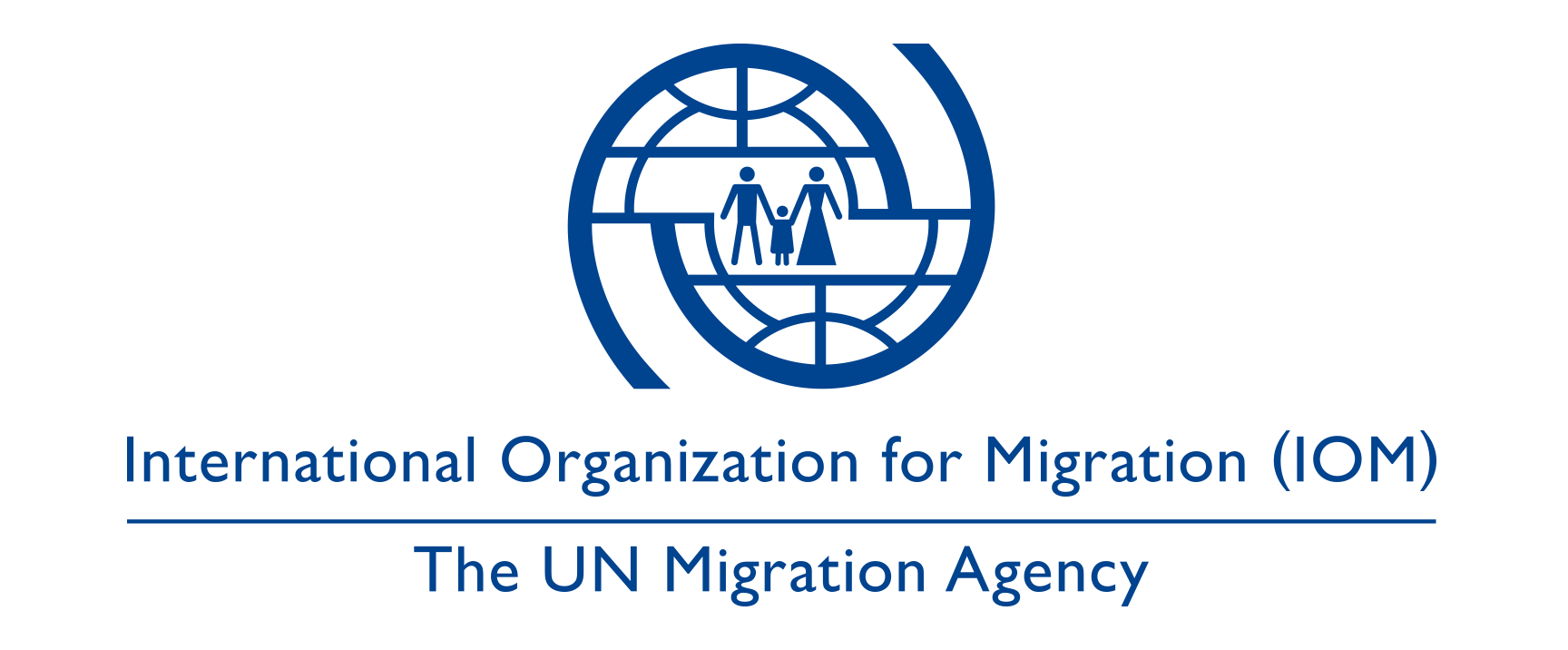
The International Organisation for Migration (IOM) is a long-standing partner of JIPS, with whom we have collaborated in various ways. At global level, we work together through the GP20 initiative and other global processes. IOM is also a member of our learning community on durable solutions analysis and of the Steering Committee of the Expert Group on Refugee and IDP Statistics. At field level, we regularly work together on data collection initiatives supported by JIPS.

GP20 is a multi-stakeholder initiative who launched in 2017 a 3-year plan to mark the 20th anniversary of the Guiding Principles on Internal Displacement (GP20). JIPS has been actively involved since its inception, including as a member of its core group, the workstreams on displacement data and durable solutions, and as co-organiser of various events and webinars. We also substantially contributed to the GP20 Compilation of National Practices to Prevent, Address and Find Durable Solutions to Internal Displacement, including the chapters on the overall analysis and on Honduras, Iraq, Somalia, Sudan, and Ukraine.

Flowminder is one of JIPS’ key partners in our work on data anonymisation and responsible data sharing. A Swedish non-profit foundation, their mission is to enable decision-makers to access the data they need to transform the lives of vulnerable people, at scale. They do so by partnering with key stakeholders in national and international data systems, including mobile networks, to produce high-quality data, strengthen capacity, develop new methods and tools, and leverage novel data sources.

JIPS is collaborating with the Joint Data Centre on Forced Displacement (JDC) in various areas. In particular, we are working together on improving official statistics on internally displaced persons, as members of the Steering Committee of the Expert Group on Refugee and IDP Statistics (EGRIS), as well as on enhancing guidance and practice for more responsible data processes when it comes to forced displacement.
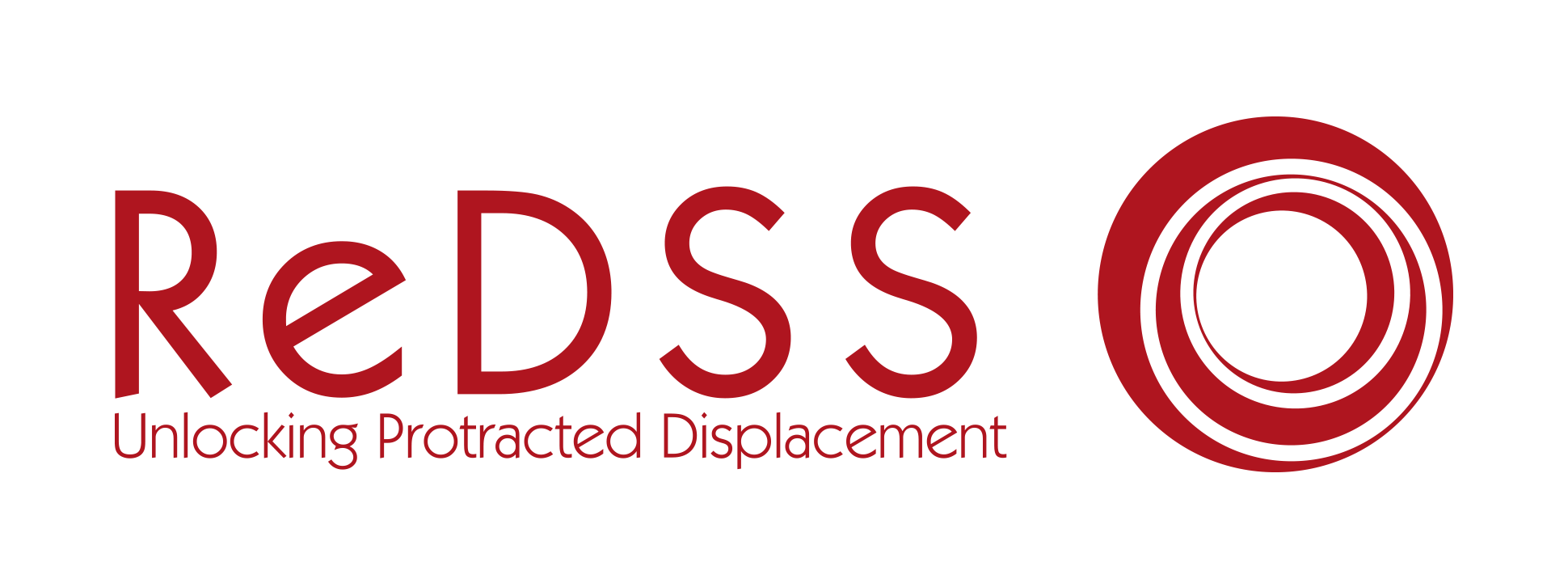
The Regional Durable Solutions Secretariat (ReDSS) is a close partner of JIPS in the area of durable solutions. ReDSS is a member of the Technical Steering committee of the durable solutions project, which was initiated in 2015 and is being led by the Mandate of the Special Rapporteur on the human rights of IDPs and coordinated by JIPS. ReDSS is also actively engaged in our learning community on durable solutions analysis, and we regularly collaborate at regional level, such as the regional learning event jointly organised by IGAD and GP20.